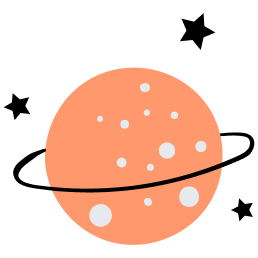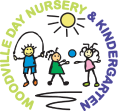
Educational Curriculum
We provide a tailored & holistic approach to learning!
At Woodville Day Nursery & Kindergarten, we believe in a tailored and holistic approach to learning that caters to the unique needs and interests of each child. Our play-based educational curriculum is guided by the Early Years Learning Framework of Australia. It incorporates the theory of emergent learning and early years pedagogy to create meaningful and engaging experiences for children.
We focus on developing the whole child - physically, emotionally, socially, and intellectually. We carefully arrange our curriculum to ensure that every child has the opportunity to explore their emerging interests, grow, lead, and reach their full potential.
Recognising that not all children fit into the same box, we provide exposure to different teaching methods to ensure that no child misses out on an education by offering a diverse range of educational approaches. We are committed to creating an inclusive and nurturing environment where every child can thrive and flourish. Our curriculum reflects this dedication, fostering a love for learning, independence, and the acquisition of essential skills.

Montessori learning
In Montessori classrooms, children are immersed in a thoughtfully designed ...
Read moreRudolf Steiner approach
A Steiner education nurtures the essence of the human spirit ...
Read moreReggio Emilia philosophy
Is a comprehensive approach to teaching, learning, and advocacy for ...
Read moreEarly Years Learning Framework (EYLF)
The Early Years Learning Framework (EYLF) is a comprehensive guide ...
Read more